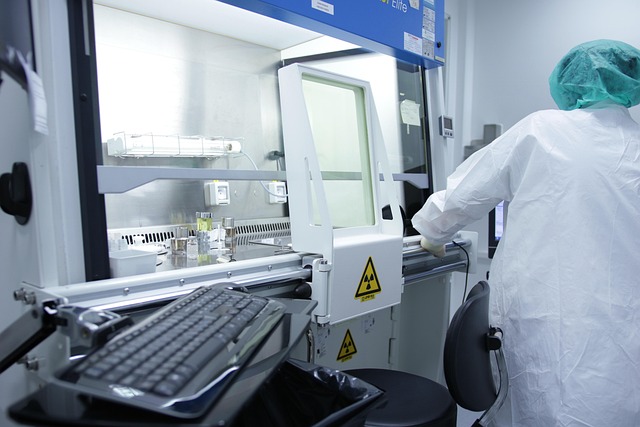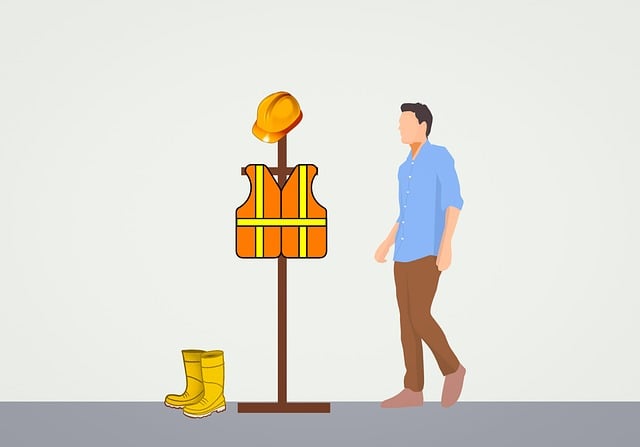Commercial driver verification is a vital process ensuring ethical driving practices through comprehensive background checks. By scrutinizing criminal records, substance abuse history, and employment, it mitigates road risks, enhancing public safety. This essential strategy maintains professional standards, reduces accidents, and boosts the credibility of the transportation industry. Technological advancements like ELDs and biometric systems further improve efficiency and security in driver verification. Case studies show its effectiveness in trucking and public transport, significantly reducing accidents and promoting well-being in communities reliant on these services.
Transportation background checks play a pivotal role in fostering ethical driving practices, particularly for commercial drivers. This comprehensive guide explores the multifaceted benefits of commercial driver verification (CDV), a cornerstone in enhancing road safety. We delve into how rigorous screening processes impact safety, accountability, and trust within the industry. Additionally, we examine technological advancements in CDV and present compelling case studies demonstrating the positive transformation in driving practices through effective background checks.
- Understanding Commercial Driver Verification: The Cornerstone of Ethical Driving
- The Impact of Transportation Background Checks on Safety
- Enhancing Trust and Accountability through Comprehensive Screening
- Technological Advancements in Commercial Driver Verification
- Case Studies: Success Stories of Improved Driving Practices through Background Checks
Understanding Commercial Driver Verification: The Cornerstone of Ethical Driving

Commercial driver verification stands as a cornerstone in promoting ethical driving practices across various industries. This robust process involves rigorous background checks, ensuring that individuals behind the wheel of commercial vehicles are safe and trustworthy operators. By delving into their history, including criminal records, substance abuse issues, and previous employment, these verifications aim to mitigate risks associated with professional drivers.
The significance lies in the fact that commercial drivers often operate heavy machinery and carry precious cargo, making their ethical conduct paramount for public safety. Implementing stringent verification procedures not only upholds professional standards but also safeguards communities from potential hazards on the road. Thus, it serves as a fundamental strategy to foster an environment of responsible driving, thereby enhancing overall transportation security.
The Impact of Transportation Background Checks on Safety

Transportation background checks play a pivotal role in enhancing safety measures, especially for commercial driver verification. By delving into an individual’s history, these checks uncover potential risks and ensure that those operating heavy machinery or public transport are fit to do so. This process includes verifying identity, checking for any criminal records, and assessing past employment, thereby creating a robust barrier against unsafe drivers.
In the world of commercial transportation, where mistakes can have severe consequences, such thorough screening is essential. It helps maintain a standard of ethical driving practices, reducing the likelihood of accidents caused by negligence or undisclosed criminal activities. As a result, it fosters a culture of responsibility and accountability among drivers, ultimately leading to a safer road environment for all.
Enhancing Trust and Accountability through Comprehensive Screening

Transportation background checks play a pivotal role in enhancing trust and accountability among commercial drivers. These comprehensive screenings act as a robust filter, meticulously examining an individual’s history to ensure they meet the ethical standards required for operating heavy vehicles. By delving into their past, from criminal records to previous employment, transport authorities can identify potential risks or red flags that might impact road safety.
The process of commercial driver verification is a game-changer in fostering a culture of responsible driving. It enables companies and regulatory bodies to make informed decisions, ensuring only trustworthy individuals behind the wheel. This, in turn, leads to reduced accidents, improved public safety, and enhanced credibility within the transportation industry.
Technological Advancements in Commercial Driver Verification

The evolution of technology has significantly enhanced the landscape of commercial driver verification, making it more efficient and secure. Advanced digital solutions have transformed the way background checks are conducted, ensuring ethical driving practices in the transportation industry. One notable development is the implementation of electronic logging devices (ELDs) that track driver behavior and vehicle performance, providing real-time data for monitoring compliance.
Additionally, biometric identification systems and digital signature verification further strengthen the integrity of the verification process. These technological advancements not only streamline the onboarding of commercial drivers but also deter fraudulent activities by verifying identity and ensuring only eligible individuals operate heavy vehicles. As technology continues to advance, the accuracy and speed of commercial driver verification are set to improve, fostering a safer and more responsible transportation network.
Case Studies: Success Stories of Improved Driving Practices through Background Checks

Background checks for transportation professionals have proven to be a game-changer in fostering ethical driving practices. Numerous case studies highlight the positive impact of implementing robust verification processes, especially within commercial driver populations. For instance, a study focusing on long-haul truck drivers revealed that rigorous background screenings significantly reduced instances of fatigue-related accidents by identifying and excluding individuals with prior health issues or substance abuse problems. This, in turn, enhanced overall road safety.
Another success story involves public transportation systems where extensive background checks led to a dramatic decrease in employee-related incidents. By verifying drivers’ and operators’ identities and assessing their history, transit authorities could prevent potential risks, ensuring passengers’ safety and security. These examples illustrate how commercial driver verification not only upholds ethical standards but also contributes to the overall well-being of communities relying on transportation services.














